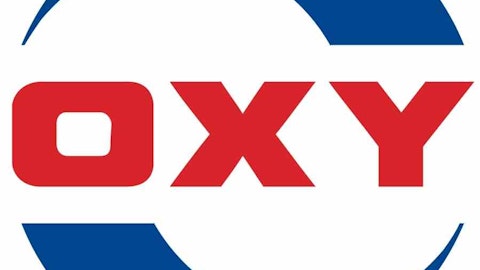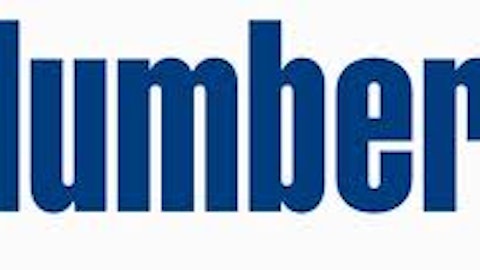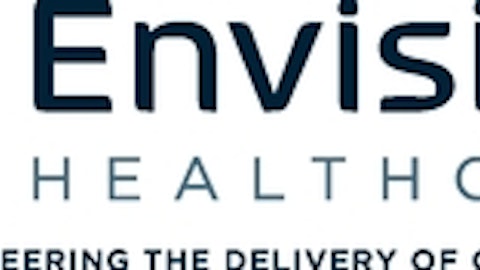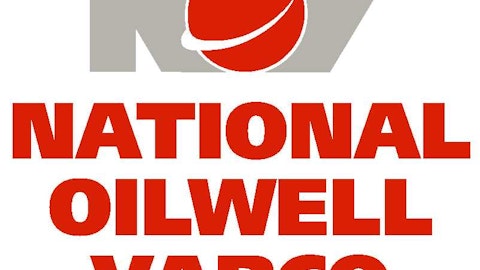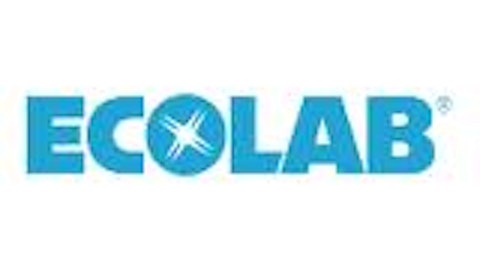There are many ways to invest in the energy sector. You could buy shares of the companies that explore and extract oil and natural gas. You could also buy shares of the companies that operate pipelines, or even shares of railroads that transport crude. Another option is to buy shares of refiners, which convert crude into usable products.
The problem with any of these companies is that their fate is tightly tied to the price of crude oil, or in the case of the refiners the spread between the price of crude oil and the price of the resulting petroleum products. Since trying to predict the future price of a commodity with any accuracy or consistency is a fool’s game, it may be preferable to find the companies that are least affected by the underlying price of oil.
The big oil companies, like Exxon Mobil Corporation (NYSE:XOM) or Chevron Corporation (NYSE:CVX), are so large that they were able to remain profitable during the recession, although profits did drop significantly. These companies are so big, however, that considerable growth is difficult to imagine. A better choice may be the oil equipment and service companies, the fates of which are tied to overall drilling activity and not the price of oil directly. And given that the global demand for oil will likely continue its march upwards, these companies seem like the most logical choices for an energy investment.
No other vendor
Oil equipment company National-Oilwell Varco, Inc. (NYSE:NOV) is the leading supplier of equipment required for the extraction of oil and natural gas. The company recorded over $20 billion of revenue in 2012 and earned about $2.5 billion, making for a net profit margin of roughly 12.5%.
National-Oilwell Varco, Inc. (NYSE:NOV) has been rapidly expanding through acquisitions, with revenue growing by 65% between the end of 2010 and the end of 2012. During this time the company spent nearly $4 billion on various acquisitions, including the $2.55 billion purchase of Robbins & Myers in 2012. The company uses these acquisitions to both diversify its product offerings into new areas and strengthen existing product lines.
Until recently National-Oilwell Varco, Inc. (NYSE:NOV) has avoided financing its acquisitions with debt, instead using its ample profits to fund the deals. However, the recent buying spree has resulted in the company taking on about $4.1 billion in debt, although the $2.3 billion in cash balances some of this out. Considering that a single year’s profit along with the cash balance completely covers the debt, the company’s balance sheet looks strong.
One important measure to consider when evaluating a company is the return on invested capital, or ROIC. This value essentially tells you at what rate reinvested profits will generate returns, and generally high values indicate a company with a competitive advantage. This is how National-Oilwell Varco, Inc. (NYSE:NOV)’s ROIC has evolved over the last five years:

I consider a ROIC above 15% to be exceptional, but National-Oilwell Varco, Inc. (NYSE:NOV) has only achieved this result in 2008. Since then the ROIC has fallen, but there is actually a good reason for this. When a company makes an acquisition it immediately increases the company’s assets, thus increasing the invested capital. However, it takes time to fully integrate the new business, and the earnings will not initially reflect the full potential of the acquisition. Since the end of 2008 National Oilwell Varco has spent $5 billion on acquisitions, and once the company optimizes its operations I fully expect the ROIC to recover.
In terms of valuation National Oilwell Varco is inexpensive, with an enterprise value about 10 times last year’s earnings. Margins have taken a hit so far this year, reducing profitability, but this is largely due to short-term issues integrating recent acquisitions.
